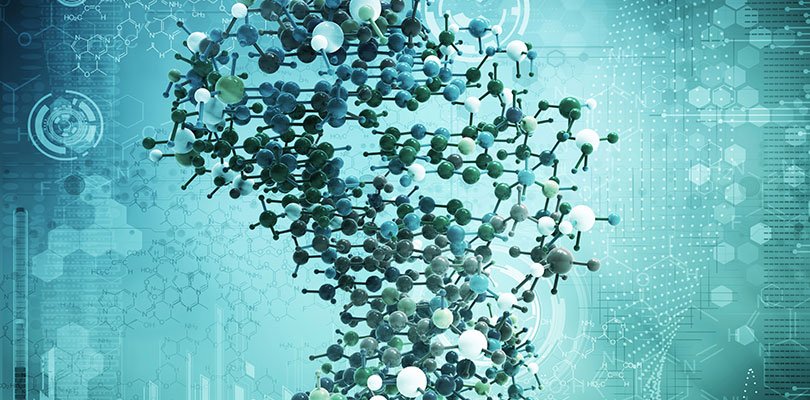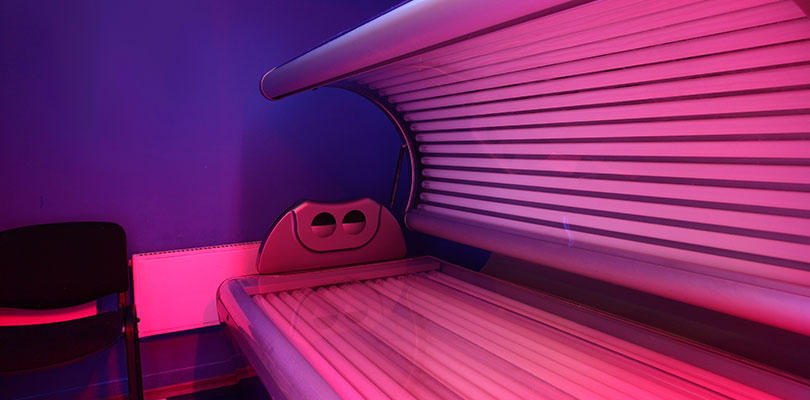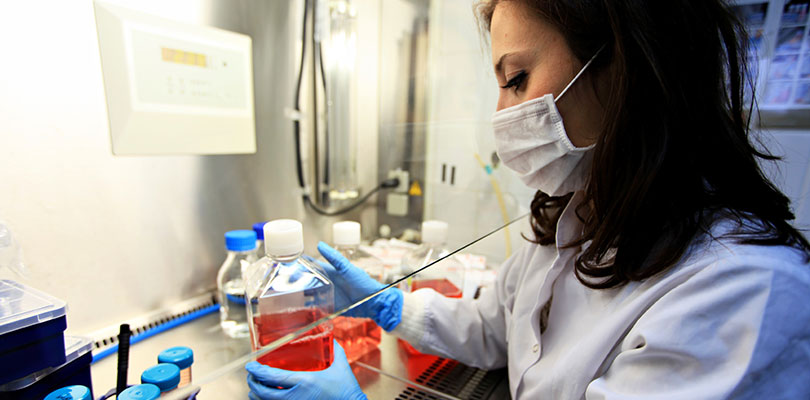
Photo Credit: cosmin4000 / istockphoto.com
Have Your Genes Tested
Some people are at such an increased risk of melanoma that it can be tempting to look for the specific gene mutation that’s to blame. This way, the doctor and patient will know how important it is to take extra preventative measures and monitor the skin more closely to catch problems early.
If there are several cases of melanoma in your family, or a family member has had both melanoma and pancreatic cancer, there’s a chance you may have inherited certain mutated genes that could lead to melanoma.
However, genetic testing is not a perfect solution, and it’s crucial that you meet with a genetic counselor before you decide to whether or not to proceed with the test.
Not all melanomas can be prevented, but many can be eradicated. If you have many moles (at least a few dozen), it might be worth scheduling routine exams with a dermatologist in addition to being vigilant with your self-exams.
Moles can sometimes change into melanomas, so your doctor may wish to remove any that they suspect might change in the near future.
Resources
NCBI (Green tea prevents non-melanoma skin cancer by enhancing DNA repair)Mayo Clinic (Melanoma/Prevention)American Cancer Society (Can melanoma skin cancer be prevented?)WebMD (12 Ways to Protect Your Skin and Prevent Skin Cancer)Melanoma Institute Australia (How do I protect my skin?)By performing a self breast exam regularly, you'll be able to familiarize how your breasts normally look and feel, and when to act if there is a change.







